"Comedy that harms is no longer funny. When the joke crosses the line of decency, it exposes the cracks in our collective morality."
The recent controversy surrounding Ranveer Allahbadia, also known as Beerbiceps, has shone a glaring spotlight on the shifting nature of modern comedy. What was once a vehicle for social critique, intellectual engagement, and human connection seems to have devolved into a tool for sensationalism, exploitation, and moral degradation. The joke made by Allahbadia on India’s Got Latent – a crude remark about incest – has sparked widespread outrage, not just due to its vulgarity but also because it highlights a much deeper issue, the blurred line between what is humorous and what is harmful.
Is this really comedy? Or are we simply witnessing the commodification of crudeness in the name of entertainment?
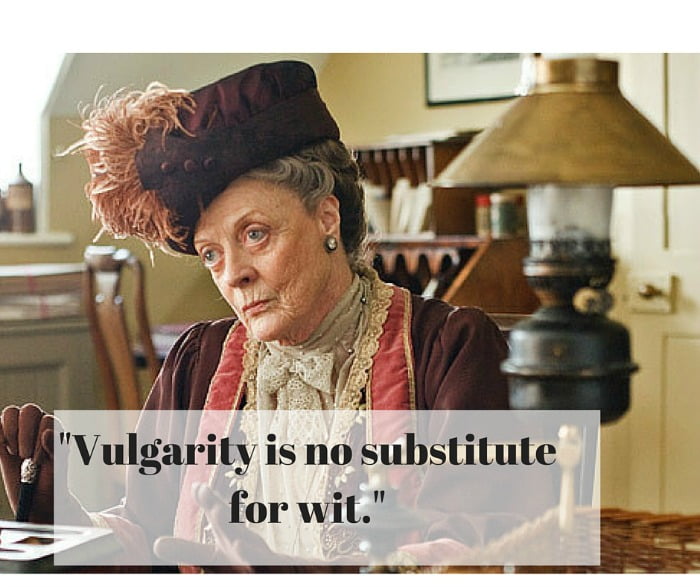
Comedy or Cheap Shots? The Cracks in Modern Humor
Historically, comedy has served as more than just a means to make people laugh—it’s been a social mirror, revealing the hypocrisies, flaws, and contradictions within society. From the early Greek playwrights to the more contemporary stand-up comedians, humour was often used as a tool to expose power structures, question societal norms, and engage audiences in deeper thinking. It was the art of revealing uncomfortable truths in ways that invite reflection and discussion.
But somewhere along the way, that mirror cracked. In recent years, the rise of roast humour often involving lowbrow humour and offensive jokes has made its way into mainstream digital platforms. And now, what was once meant to hold society accountable has become a mechanism to diminish others for cheap laughs.
Roast humour is based on a delicate balance between wit and brazenness, where comedians walk a tightrope between entertainment and offence. However, the psychology of roast humour is complex. Laughing at others’ expense often provides a temporary ego boost, reinforcing a sense of superiority. The Benign Violation Theory explains that humour emerges when something challenges social norms in a playful context. Yet, how far can a joke really go before it becomes harmful?
Insensitive jokes targeting race, gender, and mental health are often disguised as edgy or bold comedy, but they serve only to normalize harmful stereotypes and are simply disrespectful and dressed up as humour.
The question arises: When did we allow such humour to dominate the entertainment landscape?

The Rise of Sensationalism Over Substance
While comedy has always pushed boundaries, today’s influencers, including Ranveer Allahbadia, have taken it to a new level of sensationalism. In an era dominated by viral content, the goal isn’t to be funny — it’s to be outrageous. The more shocking and offensive, the better. Allahbadia's comment wasn't an accident or a poorly executed joke; it was a deliberate attempt to get attention.
In today’s digital age, sensationalism has taken precedence over substance. Influencers and content creators are no longer just competing for laughs; they are competing for virality. In an era dominated by social media, the ability to shock, offend, and attract outrage is often rewarded with more views, followers, and attention.
This reliance on shock value is not new but has reached new heights in recent years. Influencers like Allahbadia have turned controversial remarks into a strategy to stay relevant in a saturated content space. The bigger the scandal, the larger the engagement.
However, this approach comes at a cost, both for the creators and their audiences. As we saw with Kusha Kapila's experience on the "Pretty Good Roast Show," where personal boundaries were crossed, there is a significant risk that jokes can dehumanize rather than entertain.
In Allahbadia's case, the comment about incest was not just offensive — it was an example of how the digital entertainment ecosystem is prioritizing shocking content over ethical responsibility. When an influencer like him makes a joke about something as sensitive as incest, knowing full well it will provoke a reaction, it blurs the line between comedy and exploitation.
At its core, this kind of comedy doesn’t aim to engage or enlighten; it aims to exploit the audience’s emotions for the sake of metrics.
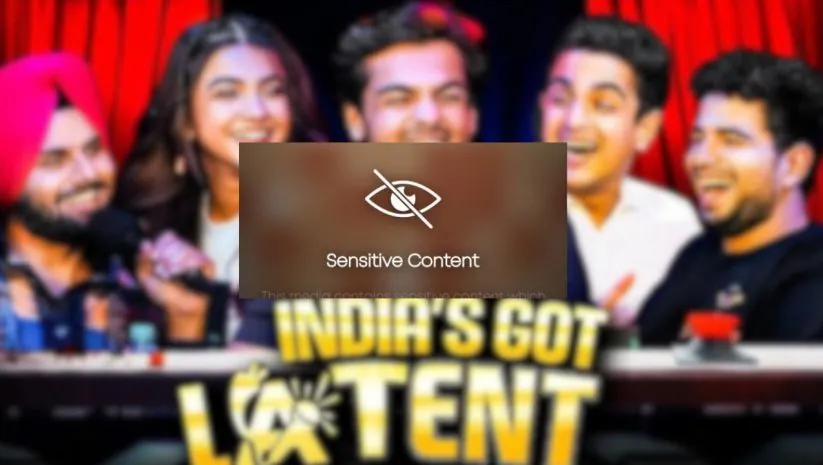
The Incest Joke: Crossing the Line of Decency
Ranveer Allahbadia’s recent vulgar comment during an episode of India’s Got Latent stands as a stark example of this trend. The show, hosted by Samay Raina, boasts over 30 million views per episode and is a prime example of the kind of platform where such “edgy” humour thrives. However, when Allahbadia posed the now-infamous question to a contestant — “Would you rather watch your parents have sex every day or join them once to finish it forever?” — he crossed a line and not just a small one.
Here’s why this matters:
-
It wasn’t an accident: Allahbadia made the remark with full knowledge that it would spark outrage, as well as generate massive buzz.
-
The response was shockingly nonchalant: While the audience and other comedians laughed, Allahbadia only apologized after 2.5 million subscribers walked away from his channel. His apology, however, seemed more like a convenient public relations move than a genuine reflection of regret.
-
The consequences: Despite the backlash, Allahbadia continued to capitalize on the controversy, knowing that the more outrage he generated, the more views he would attract. Outrage = engagement.
This wasn’t just a one-off moment; it’s part of a wider trend in which influencers and content creators are leveraging controversy to boost their fame and engagement.
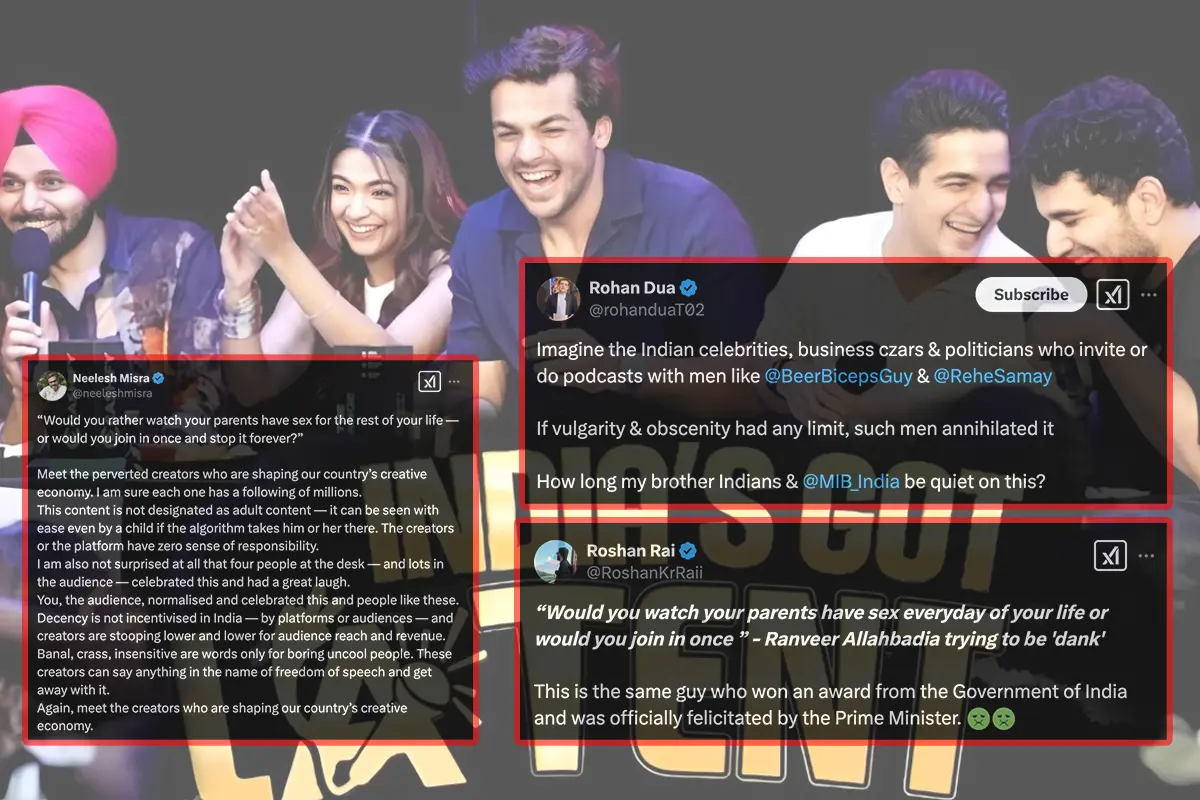
The Ethics of Influencing: With Great Power Comes Great Responsibility
The real issue with this trend is that influencers hold the power and influence that digital creators wield. Influencers like Allahbadia with millions of followers across platforms hold the ability to shape public discourse, influence young minds, and set trends in a digital space that reaches millions. The problem isn't just the content itself but the message it sends — that crossing moral boundaries for the sake of content is acceptable.
Consider this:
-
A 12-year-old stumbles upon a video with explicit sexual jokes and demeaning remarks about race and disability.
-
A society that rewards toxic behaviour: Allahbadia’s comment may have been offensive, but it wasn’t met with immediate accountability. Instead, it fueled engagement, with many defending the “edginess” of the joke.
-
The blurred lines between free speech and responsibility: Yes, content creators have the right to freedom of expression, but they must also recognize that with great power comes great responsibility.
The ethical responsibility of content creators is paramount. They must understand that while free speech is essential, it does not grant a free pass for moral degradation.
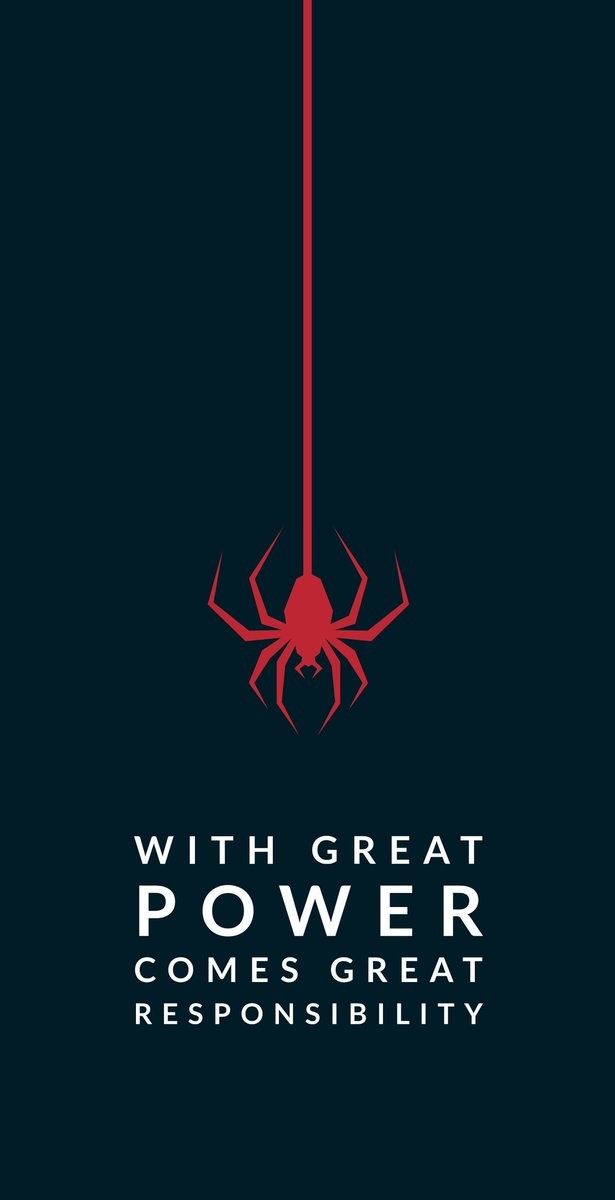
The Role of Consent and Context in Roast Comedy
A critical aspect of comedy — particularly roast humour — is consent. In live performances, comedians often have a rapport with their audience, and their jokes are understood within a certain context. However, social media amplifies these jokes to an audience that may not understand the context, the intent, or the shared bond between the performer and the audience. What may be acceptable in a small, intimate setting can quickly spiral out of control when shared with millions.
For comedy to retain its authenticity and effectiveness, it is important for the subject of the joke to participate willingly. A well-executed roast should humanize the subject, making it relatable to the audience.
For example, the famous roast of Arjun Kapoor in the AIB Roast highlighted the struggles of a Bollywood superstar in a humorous yet respectful way.
Social Media’s Amplification of Harmful Humor
The real danger with modern roast culture lies in the digital amplification of offensive jokes. Unlike a live roast, which is limited to a certain group of people, social media roasts have a permanent digital footprint. A joke that may have been tolerable in a specific context can be stripped of its meaning and lead to cyberbullying, prolonged embarrassment, and long-term damage to reputations. Influencers often suffer the consequences of this, but the audience also plays a significant role in promoting such content.
The wider societal issue is the normalization of inappropriate behaviour. As more and more influencers rely on offensive humour for views, there is a risk of creating a culture where insensitivity becomes the norm. It’s not just about the creators; it’s about the audience’s responsibility as well. If we continue to reward and consume problematic content, we will only perpetuate this cycle.
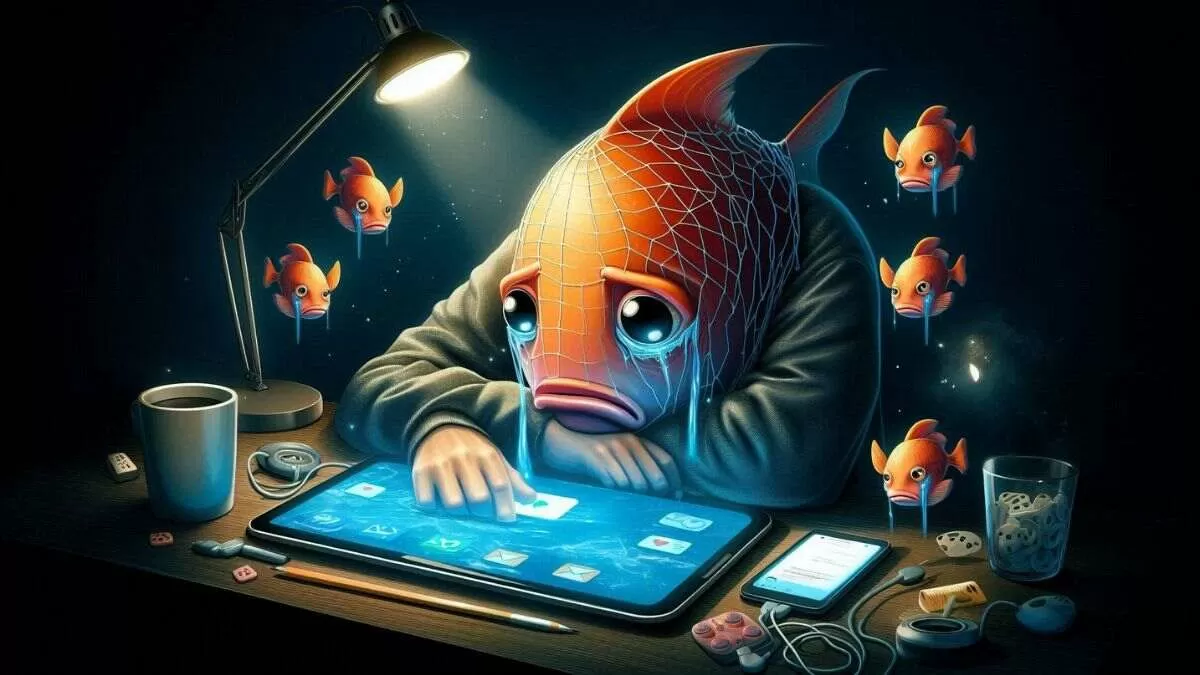
The Role of the Audience: We Are Part of the Problem
We cannot ignore the role of the audience in all of this. As viewers, we have the power to shape the content landscape. If we continue to reward offensive, harmful content with likes, shares, and views, we are only encouraging more of it.
-
Engagement rewards bad behaviour: The more clicks, shares, and reactions these influencers receive, the more they are incentivized to continue crossing the line. In essence, we, the audience, are feeding into this cycle.
-
What are we teaching the younger generation? The influencers we follow are role models, whether we like it or not. The message we’re sending is that crossing moral boundaries for attention is acceptable.
The Future of Comedy: A Call for Reflection
As we continue to consume digital content, we must ask ourselves: Do we want to live in a world where the loudest, most offensive voices dominate the entertainment space? A world where humour no longer serves to enlighten or uplift, but to degrade and exploit? Comedy should challenge societal norms, not perpetuate them.
It's time for both creators and consumers to reflect on the kind of content we want to endorse. True comedy doesn’t come at the expense of someone’s dignity; it uplifts us while making us think. It’s time for us to demand more from the creators we support and, more importantly, to stop rewarding those who seek to harm in the name of humour.
In the words of the famous comedian Charlie Chaplin, "A day without laughter is a day wasted." But it’s equally true that a day with hurtful humour can be a day lost in a world where decency and empathy should always take precedence over cheap laughs.
In the end, comedy must heal, not hurt. If we continue down this path, we risk normalizing behaviour that undermines decency and morality in the name of entertainment.
With inputs from agencies
Image Source: Multiple agencies
© Copyright 2024. All Rights Reserved Powered by Vygr Media.
*Views expressed in the above piece are personal and solely those of the author. They do not necessarily reflect Vygr’s views.


























